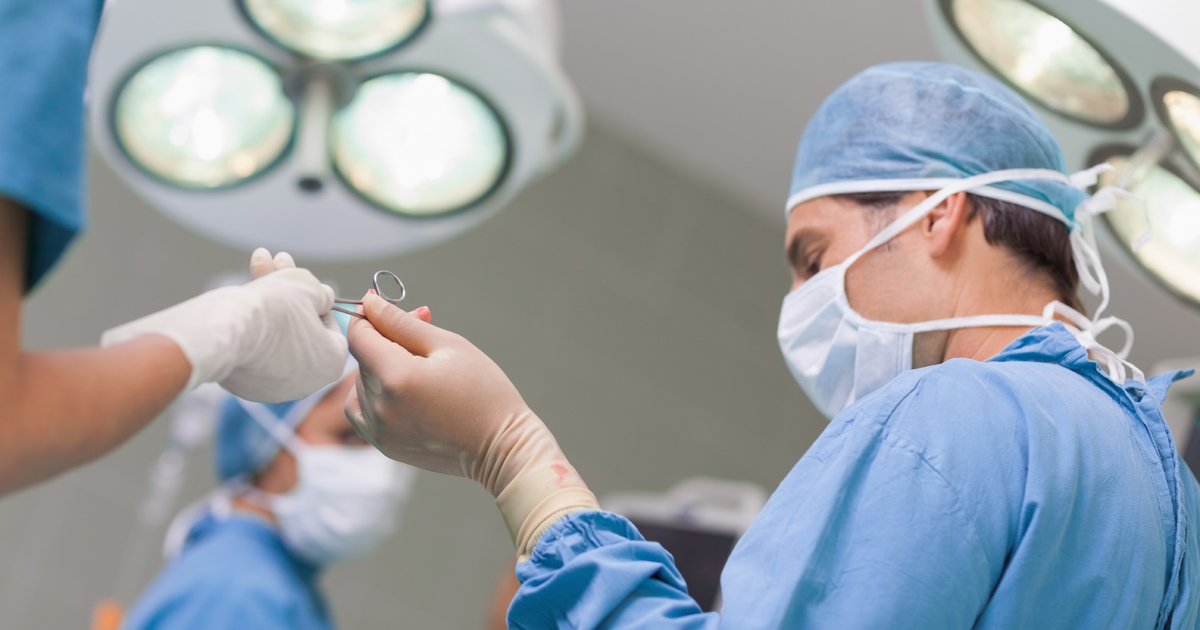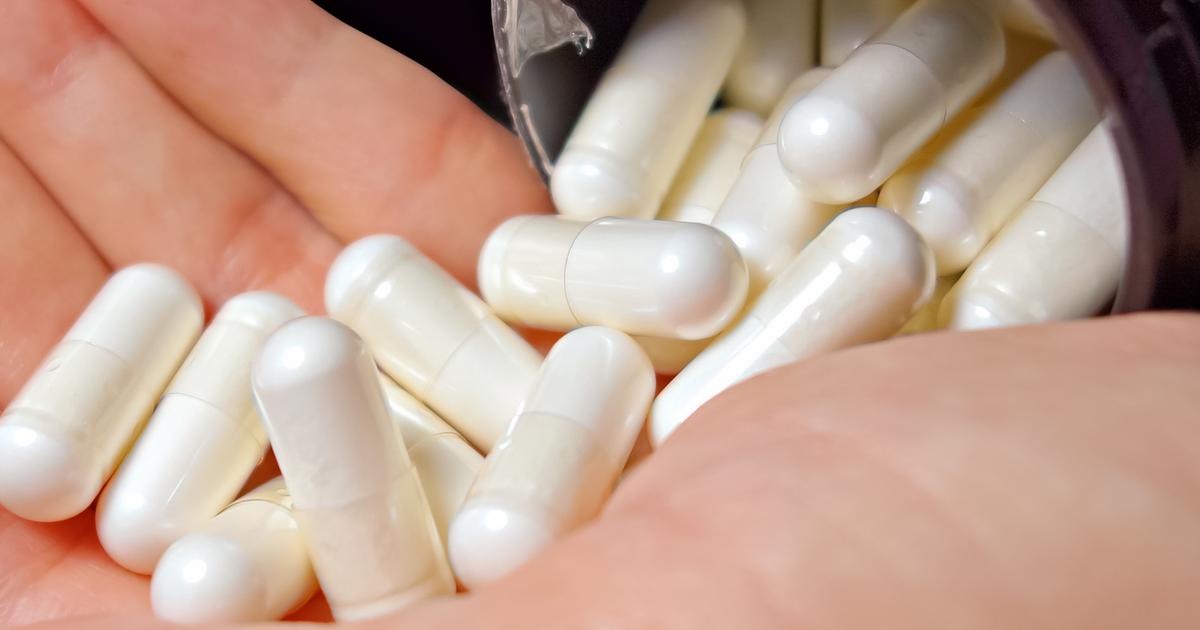How To Treat A C. Difficile Infection
Probiotics
Patients affected by a C. difficile infection may need to take probiotics as part of their treatment plan. Probiotics describe special supplements with live microorganisms within them, which serve the purpose of improving or maintaining an individual's normal microflora in their body. A C. difficile infection occurs when the microbes in an individual's gut become imbalanced or non-diversified, allowing the generally harmless C. difficile bacteria to grow dangerously out of control. While antibiotic mediation is used as the first method of treatment for C. difficile infections, it can be ineffective in individuals who have strains of the bacteria that are resistant to antibiotics. Probiotics may make antibiotics more effective in the treatment of C. difficile infections by competing with the bacteria for growth, by stimulating and modulating the immune system, by directly disrupting the metabolism of the C. difficile bacteria, and through improving general intestinal health. The most effective probiotics found to help fight C. difficile infections include Lactobacillus acidophilus, Bacillus probiotics, Saccharomyces boulardii, and Lactobacillus rhamnosus.
Uncover more C. difficile infection treatments now.
Fecal Microbiota Transplant

Individuals who have not been responsive to other forms of treatment for their C. difficile infection may need to undergo a fecal microbiota transplant. A fecal microbiota transplant is a procedure used to deliver healthy human donor stool to an individual who has a recurrent gastrointestinal infection that cannot be treated with antibiotics. Fecal microbiota transplant is performed with the use of a nasogastric tube or colonoscope to place the donor stool in the patient's colon. This type of transplant works to eliminate the C. difficile infection because certain microorganisms in the donor's healthy stool are infused into the colon of the patient. This process provides a new foundation for healthy bacteria to regrow in the colon that will stop the C. difficile bacteria from growing any further. Individuals who have C. difficile infections and undergo one or more fecal microbiota transplants have a success rate of over eighty-five percent. Donors for this procedure are always prescreened for the presence of medical conditions, infections in the blood, infections in the stool, viruses, parasites, and other potentially harmful or infectious bacteria.
Discover additional ways to treat C. difficile infections now.
